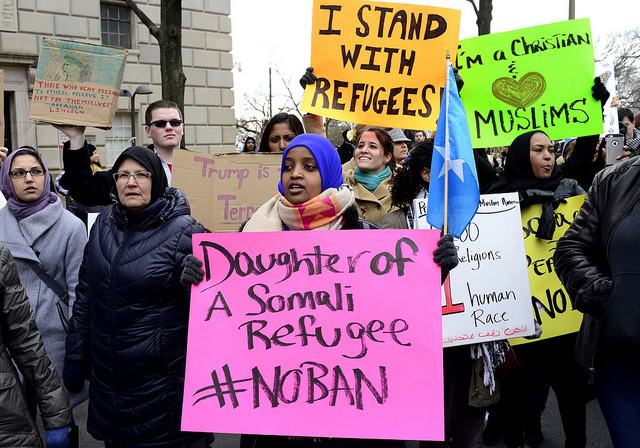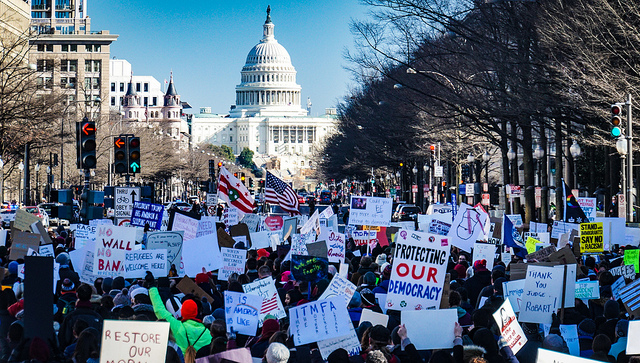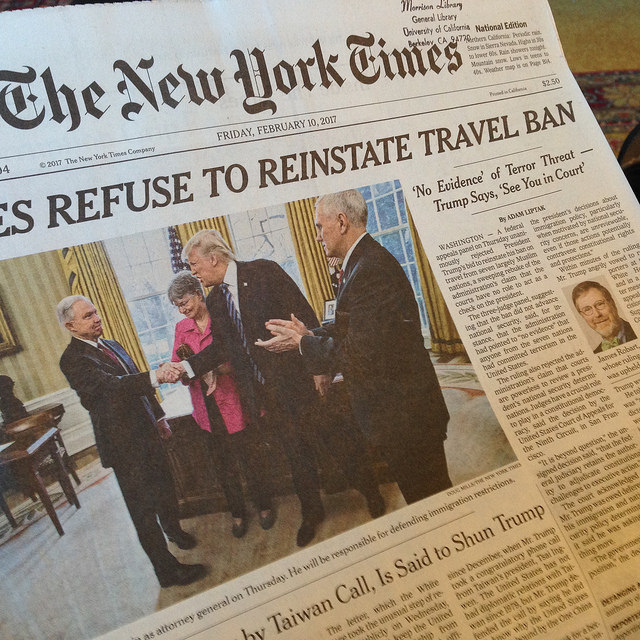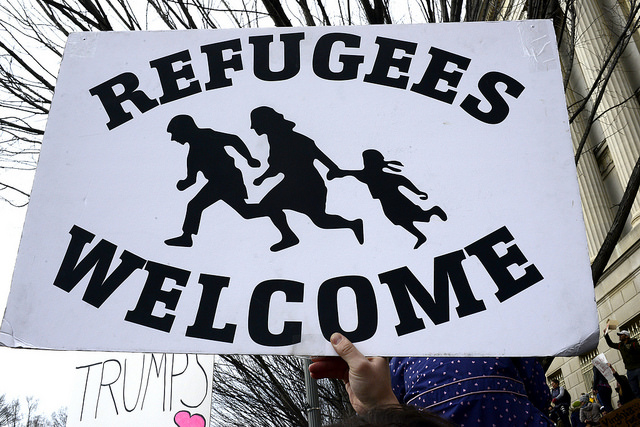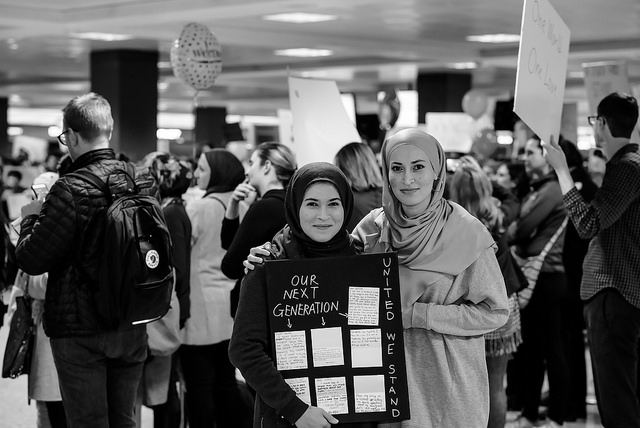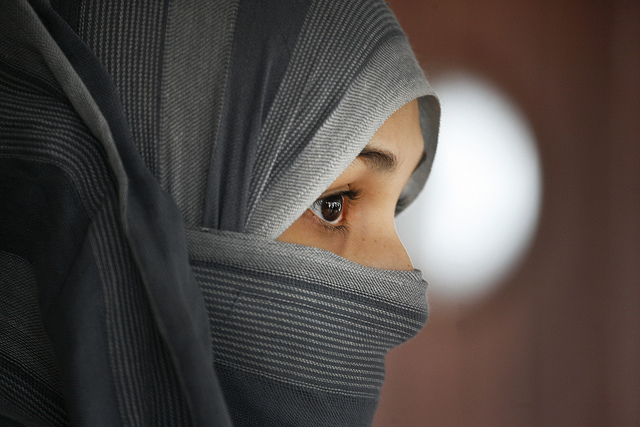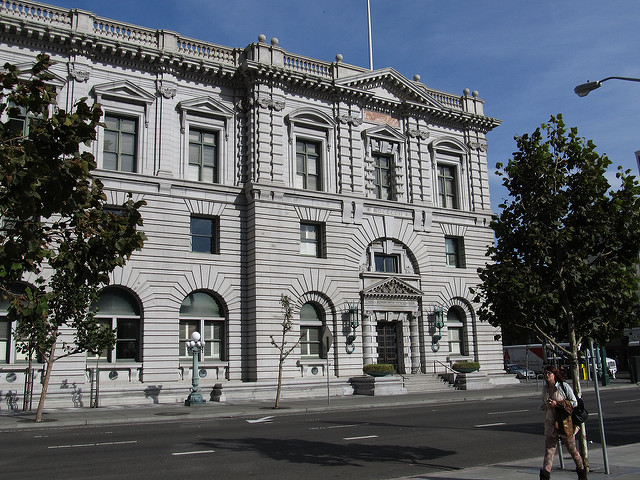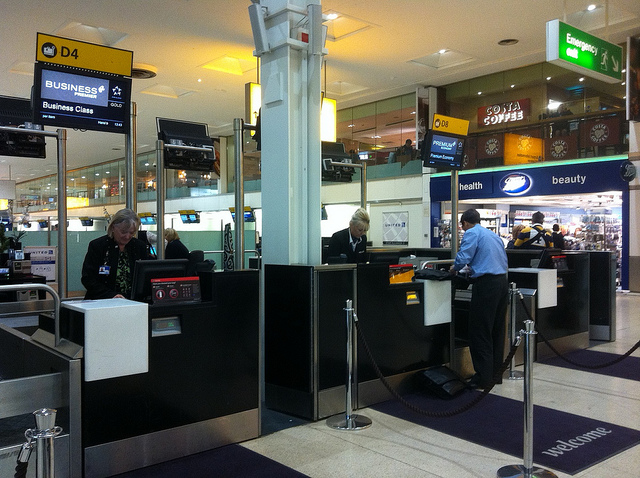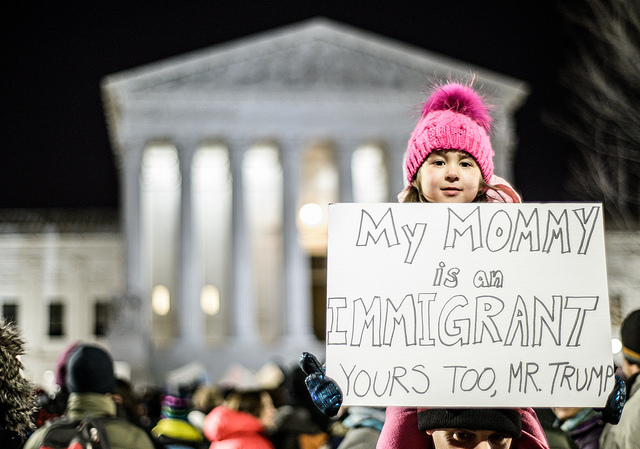The United States Court of Appeals for the Fourth Circuit has handed down a ruling this morning, dealing yet another blow to the President’s embattled travel ban. The Court has refused to reinstate the President’s 90-day travel ban on Muslims from Iran, Syria, Sudan, Libya, Somalia, and Yemen and the 120-day travel ban on refugees. The Virginia court held that the President’s travel ban does not pass constitutional muster, given that it violates the establishment clause of the United States Constitution. The ruling upholds a lower court’s decision to block the President’s revised travel ban. The Fourth Circuit was forced to weigh the importance of the President’s travel ban in relation to our national security against potentially impinging on a person’s freedom of religion. In their decision, the Fourth Circuit stated that they did not believe that the President’s executive order “has more to do with national security than it does with effectuating the president’s proposed Muslim ban.”
As we previously reported, during the month of March, the President revised his travel ban after the Ninth Circuit Court rejected major portions of the travel ban declaring it unconstitutional. The President revised the travel ban hoping that the revised version would pass constitutional muster and would not be blocked by the federal courts. The revised executive order which was set to go into effect March 16, 2017, called for a 90-day travel ban on non-immigrants of six Muslim countries including Syria, Libya, Iran, Somalia, Sudan, and Yemen, and a 120-day travel ban on the admission of refugees into the United States.
 Visa Lawyer Blog
Visa Lawyer Blog


